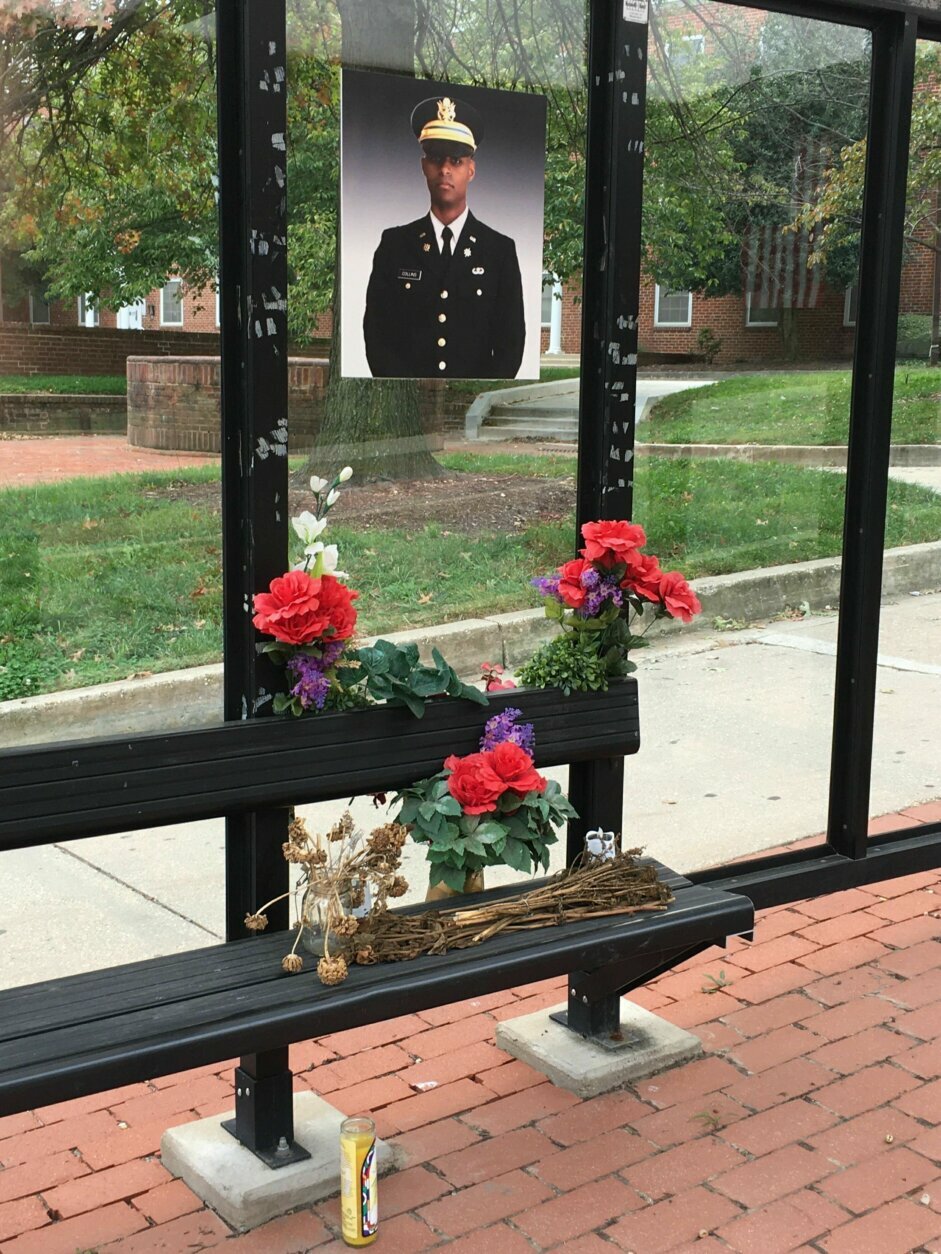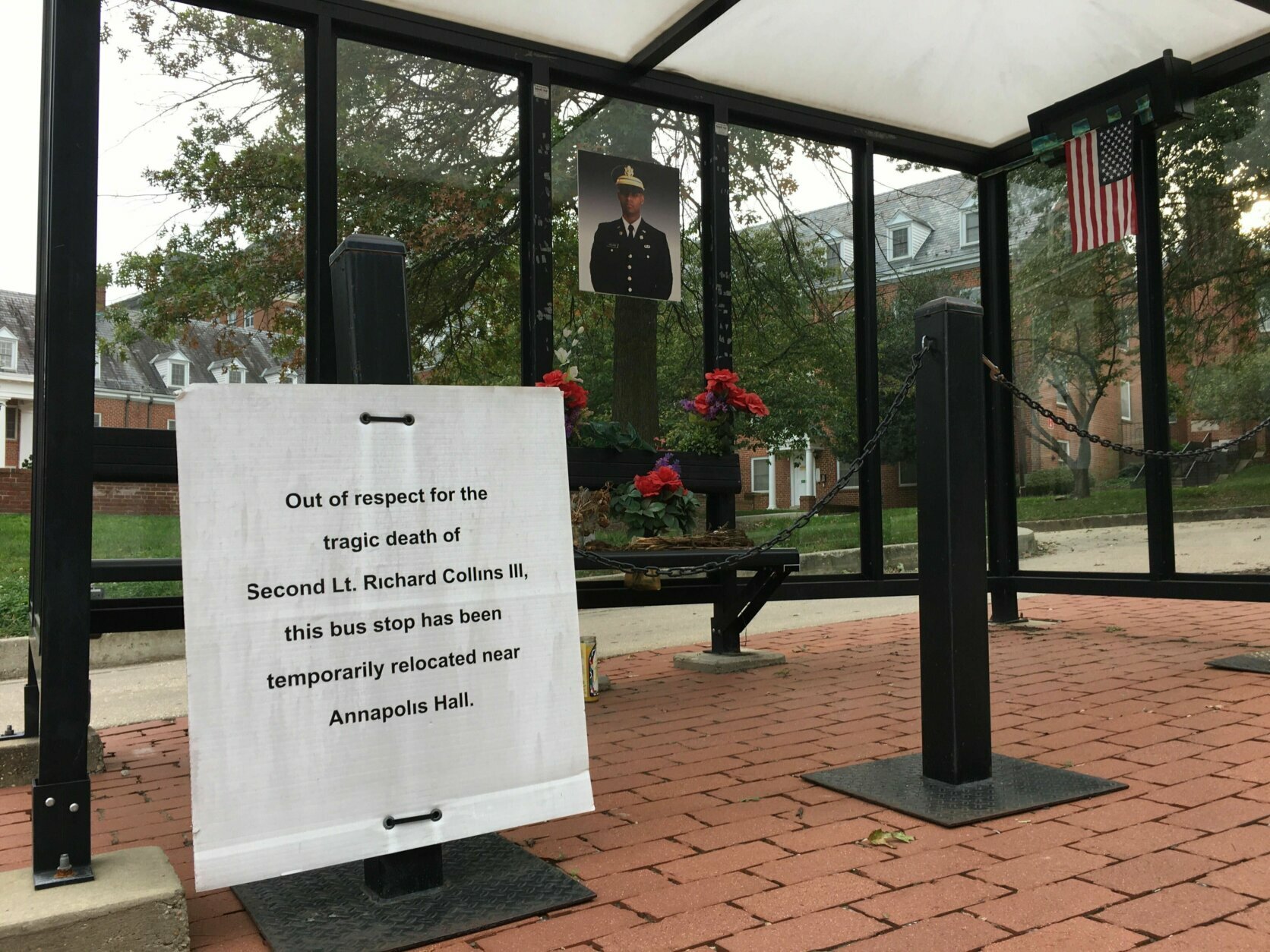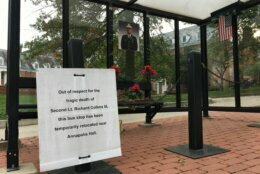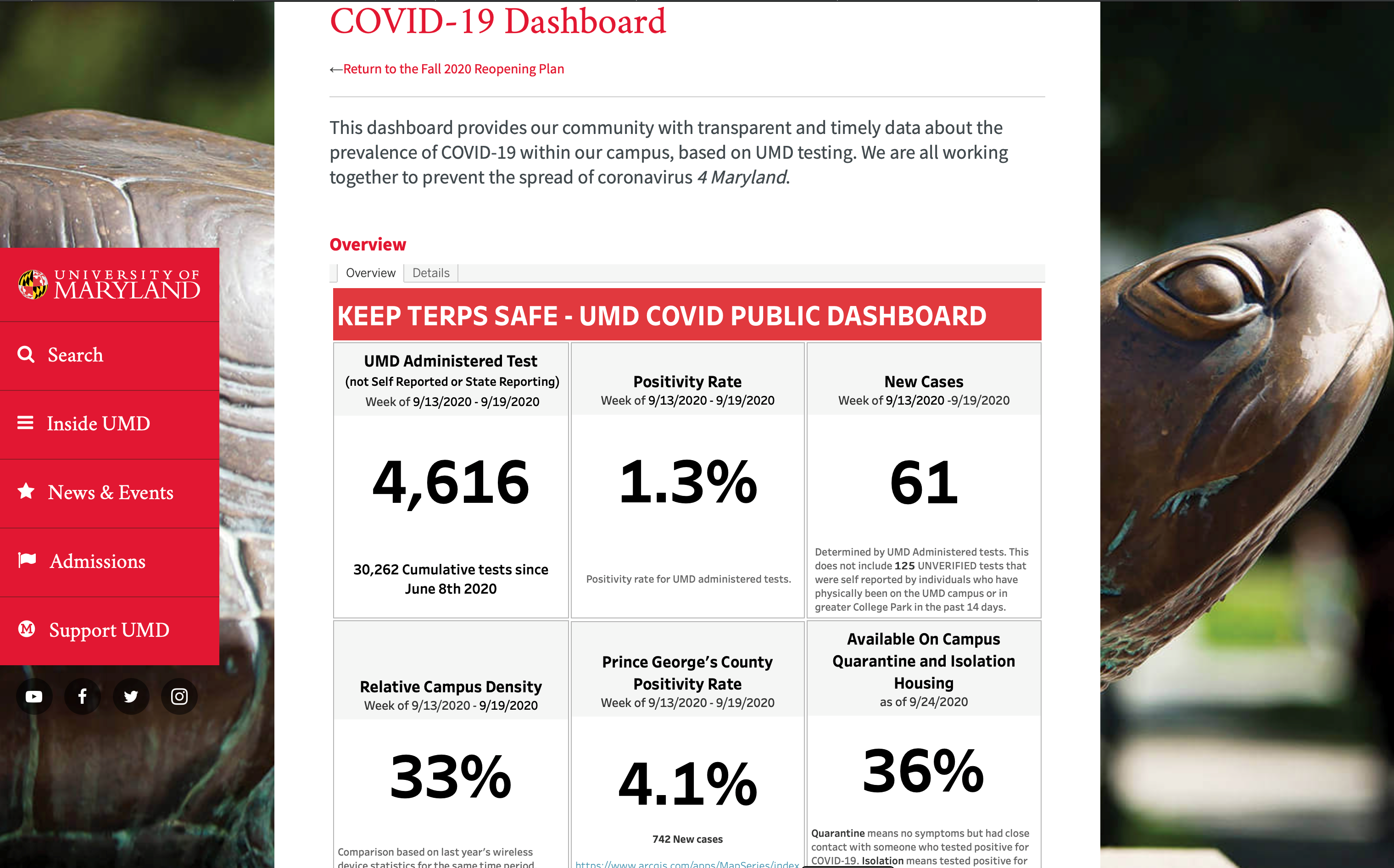



ANNAPOLIS, Md. — An update to Maryland’s hate crimes law, named for slain Army 2nd Lt. Richard Collins III, is one of several anti-discrimination measures going into effect Oct. 1.
Other notable bills address crime, the environment and health care, including an infectious disease mandate named for Olivia Paregol, a University of Maryland freshman who died during a 2018 campus outbreak.
Collins’ Law – HB917/SB606. Sponsored by Del. C. T. Wilson, D-Charles, and Sen. Joanne C. Benson, D-Prince George’s: This hate crimes update was named in honor of the Bowie State University ROTC candidate who was murdered by Sean Urbanski at a University of Maryland, College Park bus stop in 2017.
“He was a young rising star, a young military officer about to be commissioned,” state Sen. William C. Smith Jr., D-Montgomery, said of Collins, who was Black.
Though Urbanski, who is white, was convicted of first-degree murder in 2019, the judge failed to find enough evidence to convict under the state’s hate crime law at the time.
“The standard, the fact he didn’t actually utter a certain phrase, was not enough to convict him of a hate crime as well,” Smith said. “So, we changed the standard to allow the prior activity to be enough to prove intent. We were able to give that small peace of mind to the family.”
Sen. Clarence Lam, D-Howard and Baltimore counties, also wanted to highlight Collins’ law as an important piece of legislation enacted last session.
“Particularly in this time, when the national environment is certainly very fraught,” Lam said. “There have been concerns about populations and individuals who feel they may be targeted due to their race, color, gender or orientation. To make sure the hate crimes statute covers them is particularly important. They’re all people, after all.”
Below are a few other bills enacted last session and going into effect Thursday. They are grouped by category.
Anti-discrimination
Fair Housing – HB231/SB50. The HOME, or Housing Opportunities Made Equal, Act, whose sponsors include Smith and Del. Brooke E. Lierman, D-Baltimore, expands Maryland’s fair housing policy by prohibiting landlords from discriminating against individuals based on their source of income, to include government subsidized housing vouchers, when renting or selling property.
“I think this law will unleash economic opportunity for thousands of families across Maryland,” said Smith. “A vast majority who have vouchers and are single mothers.”
Employment Opportunity – HB1444/SB531. Known as the CROWN Act, this law bans employment discriminations due to racial perceptions regarding hair texture or style by expanding the state’s legal definition of race. Bill sponsors included Sen. Smith and Del. Stephanie M. Smith, D-Baltimore.
“The problem globally is a number of men and women who wear traditional hairstyles associated with the Black race have suffered discrimination in the workplace about ‘professional’ hairstyles,” Sen. Smith explained. “If they refused to change, they wouldn’t be hired or promoted. It’s something a number of Black men and women think about every single day as they move through society.”
Minority Businesses – HB404/SB499. Another new law with an intent to address economic racial disparity, sponsored by Del. Eric G. Luedtke, D-Montgomery, and Sen. Melony G. Griffith, D-Prince George’s, requires the Department of Commerce to include information on the percentage of economic development assistance distributed to minority businesses.
Hate Symbols – HB5/SB161. A new law that will prohibit using symbols of hate to threaten or intimidate others was sponsored by Del. Mark S. Change and Sen. Sarah K. Elfreth, both Democrats representing Anne Arundel County, where multiple news outlets reported in February a noose found in a middle school classroom.
LGBTQ – HB81. In another inclusive legislative move, Del. David Moon, D-Montgomery, sponsored a repeal of Maryland’s sodomy law. The ACLU reports several states dating back to Illinois in 1961 have already repealed these laws, which were historically used in a discriminatory manner against the LGBTQ community.
Law enforcement
Speed Cameras – HB46/SB177. As of Oct. 1, according to this bill sponsored by Del. Alfred C. Carr and Sen. Jeff Waldstreicher, both D-Montgomery, the Motor Vehicle Administration will no longer have the authority to suspend a vehicle’s registration if the owner or driver fails to pay a traffic light or speeding ticket. Other penalties may still be assessed.
Strangulation – HB233/SB212. Del. Jesse T. Pippy, R-Carroll and Frederick, and Sen. Susan C. Lee, D-Montgomery, are co-sponsors of two significant pieces of anti-crime legislation. This first bill adds an additional prison sentence of up to 25 years for intentionally strangling someone during an assault.
Sexual Solicitation – HB246/SB231. Pippy and Lee’s second major law enforcement bill bans individuals from seeking the consent of a parent or guardian of a minor when attempting to sexually solicit a minor.
House of Ruth – HB620. A law whose sponsors include Del. Sara N. Love, D-Montgomery, requires money deposited in donation boxes at BWI Marshall Airport security screening checkpoints go to support House of Ruth Maryland. House of Ruth is a leading center aiding victims of intimate partner violence.
Environment
The Maryland General Assembly passed several bills last session that also seek to protect the state’s environment from harm.
Vehicle Emissions – HB133. Active-duty service members who are deployed when their vehicles are due for emissions testing may seek an exemption under this new law.
One of the law’s requirements is that the vehicle owner must certify receiving orders to deploy outside of the U.S. or to a duty station not subject to an emissions program. More information on this legislation sponsored by the Environment and Transportation Committee should be made available to service members through applicable agencies once the law goes into effect.
Black Bears – HB897/SB353. Maryland’s Department of Natural Resources reports on its website that the state’s black bear population is rapidly growing, partly due to an improving natural habitat. Unfortunately, this environmental success story is tempered by the need to manage increasing human-bear interactions.
The Black Bear Damage Reimbursement fund is one such effort and this year. Del. Wendell R. Beitzel and Sen. George G. Edwards, both Republicans representing Garrett and Allegany counties, sponsored legislation adding pets to the list of damages that can be claimed for reimbursement under the fund.
Firefighting Foam Ban – HB619/SB420. Though this law goes into effect Thursday, Del. Patrick Young’s, D-Baltimore, and Sen. Sarah K. Elfreth’s, D-Anne Arundel, legislation actually bans the training use of fire-fighting foams that contain polyfluoroalkyl substances, or PFAS, as of Oct. 1, 2021. As of that date, firefighters must use nonfluorinated foam during training.
According to the EPA, PFAS chemicals don’t break down in either the environment or the human body, and can build up over time leading to adverse health effects.
Styrofoam Ban – HB109/SB285. This law bans the use of Styrofoam food and beverage packaging across the state and was sponsored by Sen. Cheryl Kagan, D-Rockville and Gatithersburg, and Del. Lierman.
“This first-in-the-nation-ban is an important step toward eliminating harmful environmental waste,” Kagan said Wednesday in a press release.
Originally passed in 2019, this bill was to take effect July 1, 2020, but was delayed due in part to the COVID-19 pandemic.
Health care
Maternal Mortality – HB286. A health-related bill designed to address racial disparities in maternal health care goes into effect this week as well.
This bill, sponsored by Del. Jheanelle K. Wilkins, D-Montgomery, requires meetings convened under the Maternal Mortality Review Program to include stakeholders reflecting the racial and ethnic diversity of women most impacted by maternal deaths in the state.
According to the group’s 2019 annual report, at least 40% of the 15 pregnancy-related deaths in 2017 were among non-Hispanic Black women. It is now required for this data to be taken into account and reflected in the diversity of the program.
Suicide Prevention – SB810.This new law permits the State Highway Administration to post suicide prevention information, which includes a hotline number, on highway electronic signs within 5 miles of a zone designated as a high risk for suicides. Waldstreicher sponsored the bill.
Cannabis Providers – HB378/SB304. Del. Nicholas Kipke’s, R-Anne Arundel, and Sen. Christopher R. West’s, R-Baltimore County, bill stating physician assistants can be considered as a “certifying provider” and member in the Natalie M. LaPrade Medical Cannabis Commission, pending a review of eligibility requirements, goes into effect.
The commission develops the policies and procedures needed to safely implement Maryland’s medical cannabis program.
Nursing Homes – HB 364. This week, each hospital or nursing facility in the state must begin ensuring personnel wear an identification tag when providing patient care. This mandate, sponsored by Dels. Sid A. Saab, R-Anne Arundel, and Bonnie L. Cullison, D-Montgomery, comes at a time when elderly care and vulnerability have been critical issues during the pandemic.
Olivia’s Law – HB187/SB329. This legislation enacted last term is named for Olivia Paregol, a University of Maryland freshman who died during an adenovirus outbreak on campus in 2018.
Sponsored by legislators including Del. Joseline A. Pena-Melnyk, D-Prince George’s and Anne Arundel, and Sens. Jeffrey D. Waldstreicher, D-Montgomery, and James C. Rosapepe, D-Prince George’s and Anne Arundel, it requires colleges and universities to submit an infectious disease outbreak response plan to the Maryland Department of Health annually beginning in 2021.
In response to the current pandemic outbreak, the University of Maryland launched a COVID-19 Dashboard on Aug. 19 to provide public updates on testing, cases, and the availability of campus quarantine and isolation housing. 
The General Assembly’s previous session ended early, on March 18, due to the pandemic.
The next session is set to start Jan. 13.







